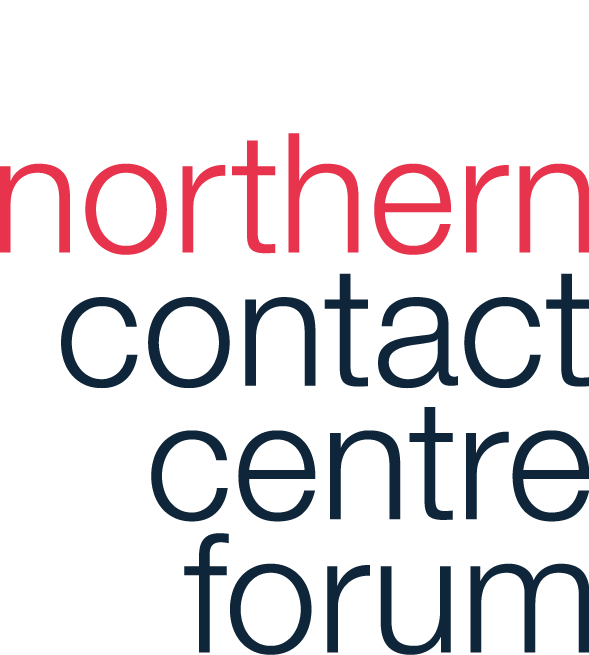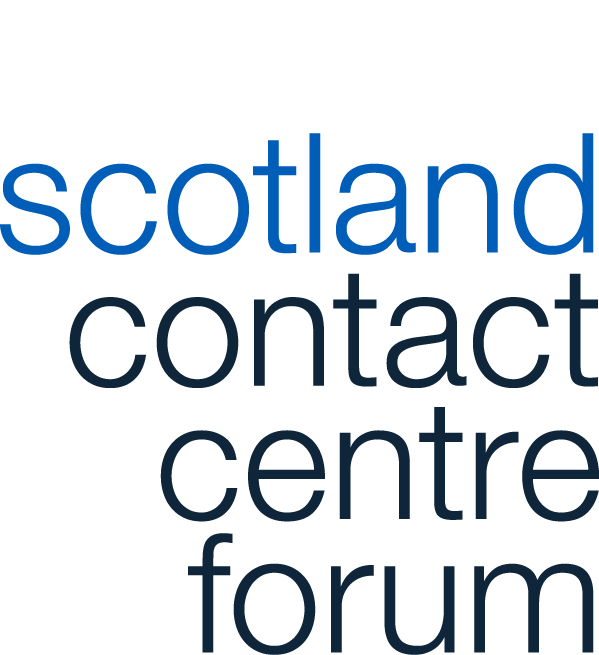![Featured image for “[ARTICLE] Making remote and hybrid working more inclusive: understanding disabled workers’ experiences.”](https://contactcentreforum.co.uk/wp-content/uploads/2023/12/Employment-Article.jpeg)
Making remote and hybrid working more inclusive: understanding disabled workers’ experiences
As we continue to come to terms with the upheaval of the Covid-19 pandemic, and the changes it has brought to so many areas, it is important to reflect on what the longer-term consequences of some of these changes may be. The pandemic forced employers across the UK and beyond to think differently about their working practices. As a result, many adopted or expanded remote and hybrid working for their workforce, with 81.6% of contact centres now offering hybrid working, compared to only 19% pre-Covid. This year’s International Day of Persons with Disabilities offers an opportunity to consider how these newly accessible models of work are currently experienced by disabled workers, and, how they can be improved to be more inclusive of individual needs and preferences.
Within contact centres, remote and hybrid working has opened new opportunities for disabled workers. Technology allows employees to handle customer interactions from home and provides flexibility for disabled people. For example, for those with a speech disability, it is possible to work only with chat and email. Despite the benefits of flexible work, the working conditions of contact centre advisors are known to negatively impact their health (e.g., musculoskeletal, auditory, visual, vocal, mental). Further, poor working conditions are likely to have a more severe impact on disabled workers and workers with long-term health conditions. It is essential therefore that employers provide disabled workers with inclusive working environments, and greater levels of autonomy than other workers, to enable them to work around their health / impairment.
What can senior leaders of organisations do?
In making the everyday experiences of remote and hybrid working more inclusive for disabled workers, senior leaders of organisations and individual managers are encouraged to reflect on their current practices. For example: do you have formal policies in place for remote and hybrid working, setting out clearly what is expected of each member of the organisation? If so, can these policies be made flexible for the (often fluctuating) needs of disabled workers within your workplace? Similarly, are there clear pathways for individuals to request reasonable adjustments based on their condition(s), and are you effectively supporting your managerial workforce in helping to facilitate these requests?
What can managers do?
For managers, you could ensure that disabled workers within your team feel able to discuss their conditions with you. For example, are they able to adjust their working hours when experiencing a “flare up”? Do they feel secure enough in their roles to not feel that they should be working from home when they would typically be taking sick leave if their role was based in the office? Reflecting on these and similar issues could help provide the means of designing more inclusive workplaces for disabled workers operating within these models of work.
What are we as researchers doing?
As a means of exploring these issues, and providing a stronger voice for workers within these debates, we have launched the Inclusive Remote and Hybrid Working Study. This academic research project aims to better understand UK-based disabled workers’ experiences of remote and hybrid working. We are exploring how these models of work can be made more inclusive, taking into account the varying needs of individuals within the workplace, with a wide variety of differing disabilities and/or long-term health conditions. This project is led by researchers from Lancaster University and the Work Foundation, alongside partners from Manchester Metropolitan Business School and Universal Inclusion. We invite you and your colleagues to participate:
If you are somebody who considers themselves to have a disability and/or long-term health condition and have had experience of remote and/or hybrid working at some point over the past five years, we invite you to complete our survey here. The survey asks about your experiences and thoughts on whether and how remote and hybrid working works for you, and where improvements could be made to make your everyday working experiences better. For example: are you happy working from home in general, but are you missing some equipment to work effectively or manage your conditions on the days that you do have to go in the office? Do meetings on Teams work well for you when working remotely? Do you find participating in hybrid meetings with colleagues in the office challenging? These are just some of the issues that we are interested in understanding your experiences of, as well as your thoughts on where improvements can be made at the organisation and the managerial level.
For managers and employers reading this article, we would be incredibly grateful if you could help spread the word of our survey and the project more widely throughout your workforce. Please share the survey link above with relevant employees, and get in touch with the team at inclusive-hybrid-working@lancaster.ac.uk if you’d like any further resources. We will also be conducting employer case studies in the months to come, to better understand employer perspectives on how to make remote and hybrid working models more inclusive, so please get in touch if you would be interested in being involved in the project in this way.
Closing thoughts
The Covid-19 pandemic has transformed the world of work permanently. We want our Inclusive Remote and Hybrid Working Study to play a significant part in helping to ensure that as new inequalities fade, they are not replaced with new ones. By participating and helping spread word of this research, you are helping to identify how employers can make remote and hybrid working more inclusive of disabled workers’ needs. This is important to promote disabled workers’ recruitment, job retention and progression, and ensure that they are not left behind as the world of work continues to evolve and employers continue to make decisions about future ways of working.
About the authors
Dr Paula Holland, Calum Carson (both Lancaster University), Dr Lee Graves and Zoe Bell (both Liverpool John Moores University) are researchers with a passion for helping people live happy and healthy lives. In collaboration with the Contact Centre Forum, they are developing solutions for contact centres to promote employee health and wellbeing, including for disabled workers. For more information about the disability research, contact inclusive-hybrid-working@lancaster.ac.uk. For information about our broader health work visit our project webpage and see our Contact Centre Forum Health & Wellbeing Special Interest Group webpage.


